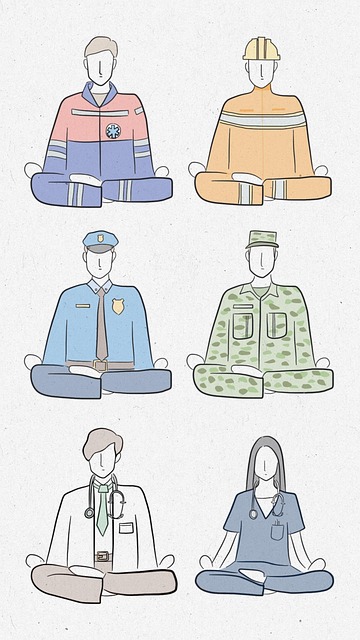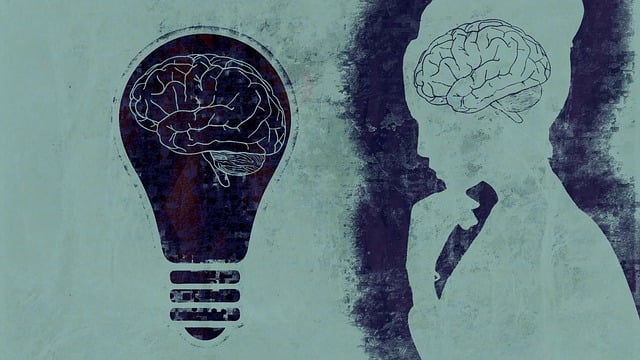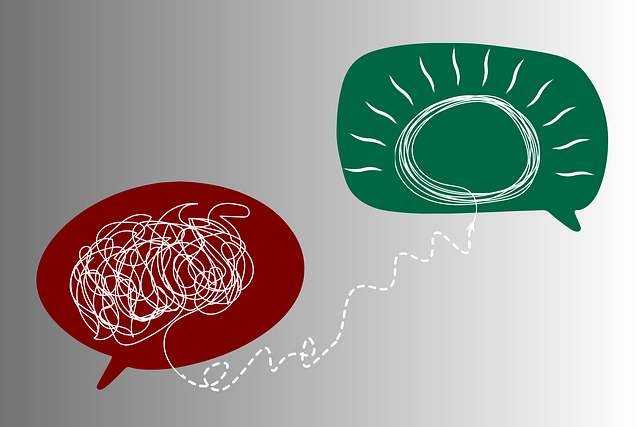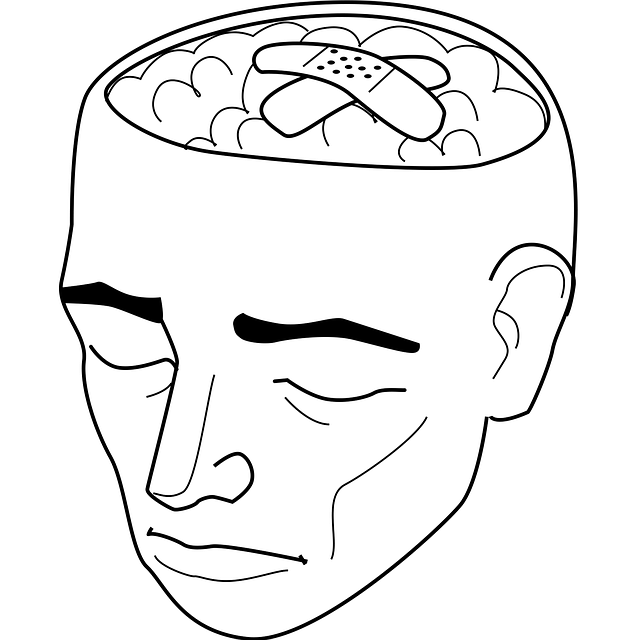Boulder Parenting Skills Therapy is transforming mental health support by tackling stigma within families. Through equipping parents with coping strategies and self-care practices, this approach improves emotional regulation, reduces isolation and shame, and strengthens family dynamics. By fostering open dialogue about mental health, providing crisis intervention skills, and promoting cultural sensitivity in healthcare, Boulder Parenting Skills Therapy breaks down barriers to treatment and empowers individuals and communities to manage mental health effectively. Community engagement through workshops, support groups, and storytelling normalizes mental illness experiences and encourages proactive self-care practices.
Mental illness stigma remains a significant barrier to recovery, affecting not just individuals but entire families. This article delves into comprehensive strategies aimed at reducing this stigma. We explore key aspects such as understanding the impact on families, empowering parents with effective Boulder parenting skills, leveraging therapy as a catalyst for positive change, fostering community engagement to build support networks, and celebrating resilience through personal stories. By integrating these approaches, including Boulder parenting skills therapy, we can create a more inclusive society where mental health is openly discussed and supported.
- Understanding Mental Illness Stigma: Its Impact on Families
- The Role of Parenting Skills in Combating Stigma
- Therapy as a Catalyst for Positive Change and Education
- Community Engagement: Breaking Down Barriers and Building Support Networks
- Celebrating Resilience: Sharing Personal Stories for Awareness
Understanding Mental Illness Stigma: Its Impact on Families

Mental illness stigma significantly impacts families, creating a barrier to seeking support and treatment. It often leads to feelings of isolation, shame, and fear, which can be particularly challenging for children growing up in such environments. When a family member struggles with mental health issues, the entire household dynamics can shift, affecting everyone’s emotional well-being.
In Boulder, parenting skills therapy has emerged as a valuable tool to combat this stigma. Such therapeutic interventions focus on equipping parents with effective coping strategies and enhancing their Emotional Regulation. By integrating self-care practices into daily routines, families can create a safer and more supportive environment. This proactive approach not only fosters improved mental health but also offers Anxiety Relief for both parents and children, ultimately strengthening the family unit.
The Role of Parenting Skills in Combating Stigma

In the fight against mental illness stigma, parenting plays a surprisingly significant role. Boulder Parenting Skills Therapy has emerged as a powerful tool to empower families and foster open conversations about mental health. By equipping parents with effective communication strategies and emotional intelligence, these therapeutic interventions help create safe spaces for discussing mental wellness openly. This is crucial, as early education and understanding can significantly reduce the negative impact of stigma on individuals struggling with various mental health conditions.
Incorporating concepts from Mental Wellness Coaching Programs Development, Boulder Parenting Skills Therapy teaches parents to recognize and manage their own emotions effectively. This emotional intelligence enables them to support their children’s mental health journeys with empathy and understanding. Moreover, these programs often include Risk Management Planning for Mental Health Professionals, ensuring that parents are equipped not just to discuss but also to navigate potential challenges related to mental illness within their families, thereby fostering a supportive environment conducive to recovery.
Therapy as a Catalyst for Positive Change and Education

In the journey towards stigma reduction for mental illness, therapy plays a pivotal role as a catalyst for positive change. Boulder Parenting Skills Therapy offers a unique approach, focusing on empowering individuals and families to navigate mental health challenges effectively. Through tailored sessions, clients gain valuable tools for mood management, crisis intervention guidance, and enhanced communication skills. This therapeutic environment fosters understanding, encouraging open conversations about mental illness, which is crucial in breaking down societal barriers.
Education is another powerful tool in the fight against stigma. Healthcare provider cultural competency training equips professionals with the knowledge to offer empathetic, culturally sensitive care. By integrating this training into standard practice, healthcare providers can better serve diverse populations, ensuring everyone receives the support they need. This inclusive approach not only improves access to mental health services but also promotes a more accepting and supportive community for those facing mental illness.
Community Engagement: Breaking Down Barriers and Building Support Networks

In reducing the stigma surrounding mental illness, community engagement plays a pivotal role in fostering support and understanding. Boulder Parenting Skills Therapy emphasizes the power of collective efforts to create a more inclusive environment. By organizing workshops, support groups, and awareness campaigns, communities can educate themselves about various mental health conditions, dispelling misconceptions and breaking down barriers. These initiatives encourage open conversations, enabling individuals to share their experiences without fear of judgment.
One effective strategy is to build robust support networks within the community. Encouraging self-care practices and promoting positive thinking can significantly contribute to mental well-being. When people see peers actively engaging in such practices, it normalizes these behaviors, creating a culture where seeking help for mental health challenges is viewed positively. This collective approach, driven by Mental Health Awareness, paves the way for individuals to access the necessary resources and support, ultimately leading to improved outcomes for those facing mental illness.
Celebrating Resilience: Sharing Personal Stories for Awareness

Sharing personal stories can be a powerful tool in reducing stigma surrounding mental illness, especially when it comes from those who have experienced it firsthand. In Boulder, for instance, parenting skills therapy centers often incorporate such narratives as part of their emotional well-being promotion techniques. By sharing their journeys, individuals can dispel myths and showcase the potential for resilience and recovery. This act of speaking openly about mental health challenges helps to normalize these experiences and encourages others to seek support without fear of judgment.
These personal stories also play a crucial role in community outreach program implementation, fostering understanding and empathy within local communities. Through local therapy centers and trauma support services, individuals are finding their voices and contributing to a more inclusive and supportive environment. By sharing their narratives, they not only promote emotional well-being but also inspire others to embrace their own journeys towards healing, demonstrating that seeking help is a sign of strength rather than weakness.
Mental illness stigma reduction is a multifaceted approach, requiring understanding, education, and community engagement. By recognizing the impact of stigma on families and empowering parents with Boulder parenting skills, we can foster supportive environments. Therapy plays a pivotal role in catalyzing positive change, while community involvement breaks down barriers and builds robust support networks. Celebrating resilience through personal stories further raises awareness and promotes an inclusive society where everyone affected by mental illness feels valued and supported, regardless of their background or location.












